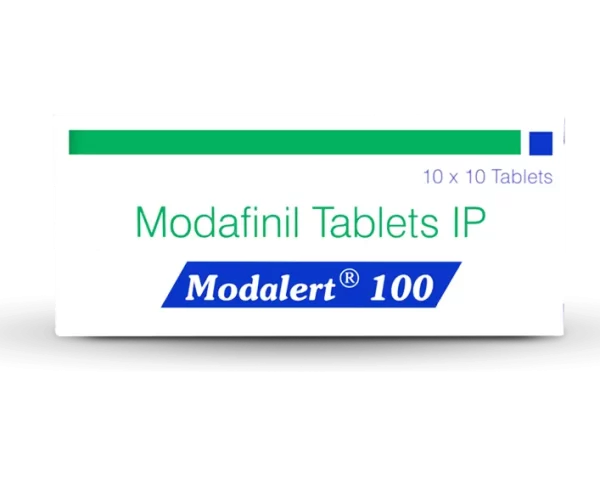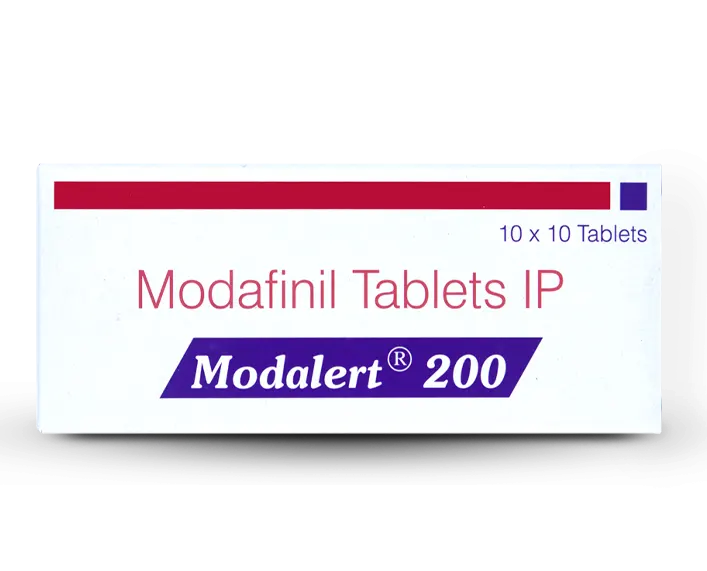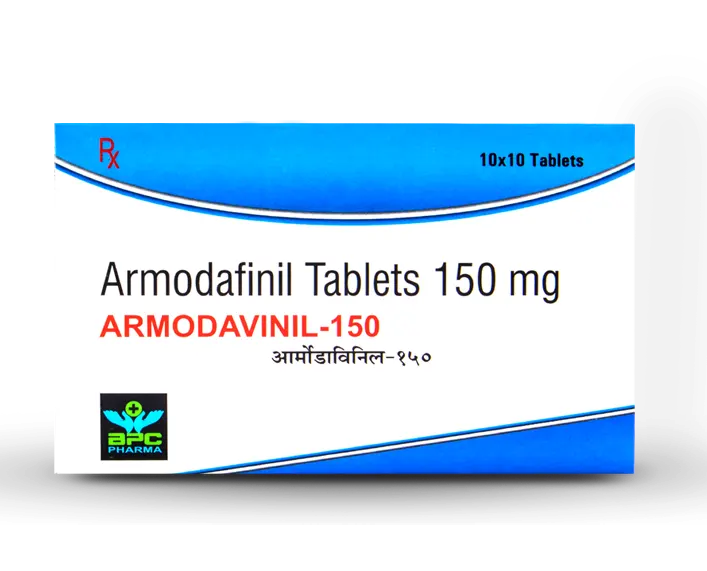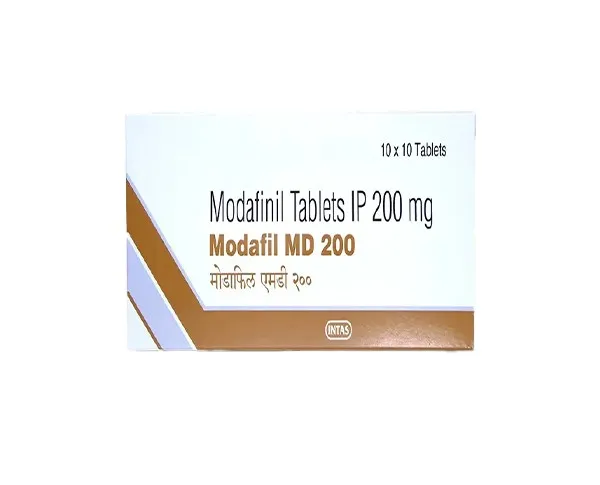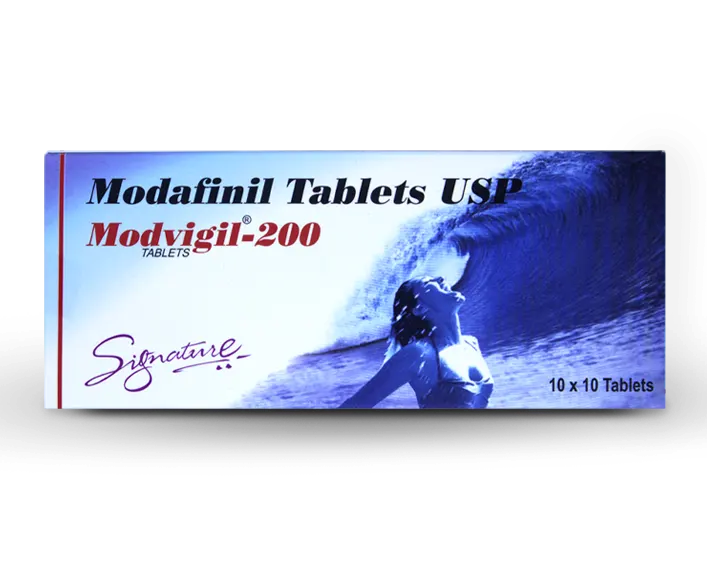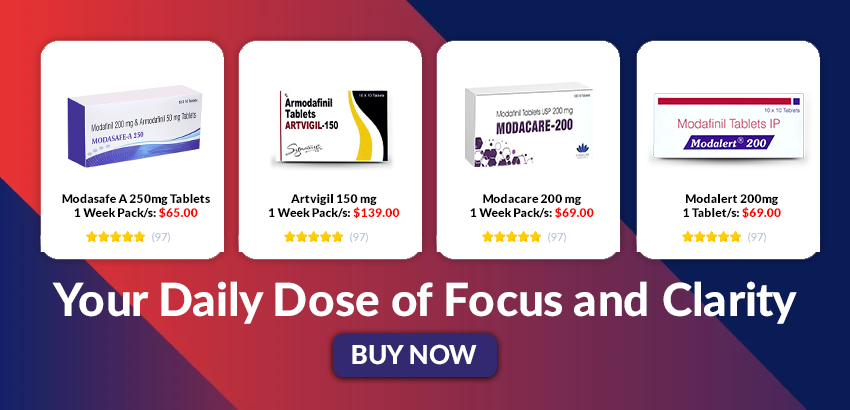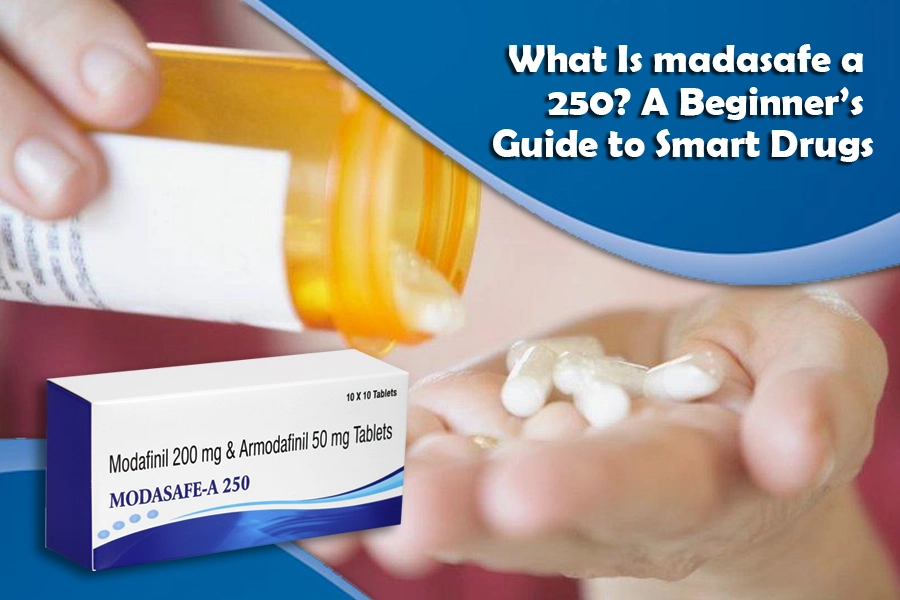How to Fight Mental Fatigue and Stay Productive
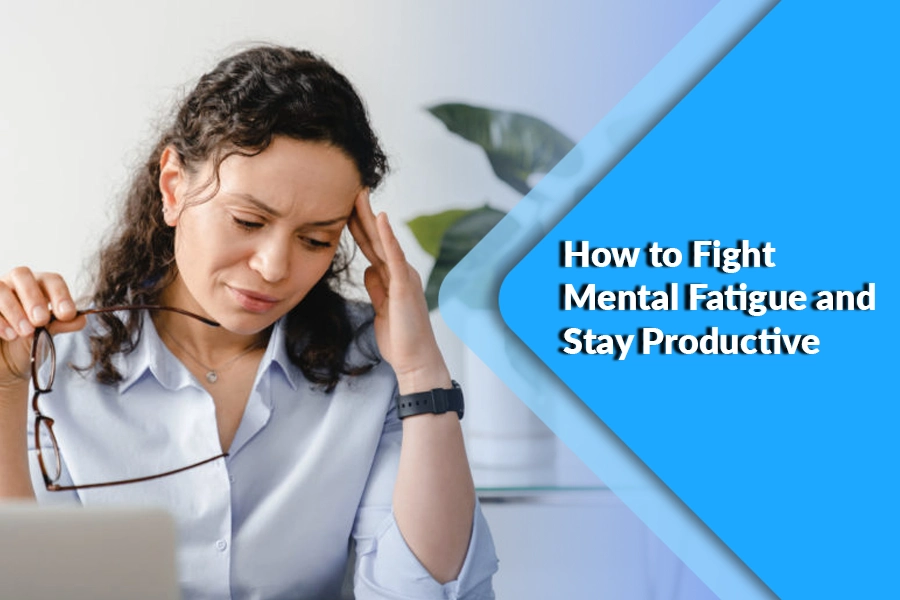
Mental fatigue, that heavy, foggy feeling that makes concentration feel like wading through syrup, shows up for all of us at some point. When it lingers, it wrecks productivity, mood, and relationships.
The good news: mental fatigue is usually reversible with a mix of practical lifestyle changes, cognitive tactics, and, when appropriate, medical help. This guide explains the main causes of mental fatigue, evidence-based ways to overcome brain exhaustion, and a responsible look at smart drugs (what it is, when they’re used, and why they’re not a quick fix for everyday tiredness)
What is mental fatigue — and how it feel?
Mental fatigue (also called brain fog, cognitive fatigue, or mental exhaustion) presents as difficulty concentrating, slower thinking, forgetfulness, irritability, and a dip in motivation. It can feel different from simple tiredness because rest doesn’t always fully restore mental clarity. When mental fatigue becomes persistent, it can be a sign that something deeper lifestyle, stress, sleep disorder, mood condition, or medical illness, needs attention.
Best sellers
-
Modalert 100mg Australia
$69.00 – $449.00Price range: $69.00 through $449.00Shop Now This product has multiple variants. The options may be chosen on the product page -
Modalert 200mg Australia
$69.00 – $449.00Price range: $69.00 through $449.00Shop Now This product has multiple variants. The options may be chosen on the product page -
Armodavinil 150mg
$69.00 – $395.00Price range: $69.00 through $395.00Shop Now This product has multiple variants. The options may be chosen on the product page -
Modavinil 200mg
$69.00 – $395.00Price range: $69.00 through $395.00Shop Now This product has multiple variants. The options may be chosen on the product page -
Modafil Md 200 mg
$69.00 – $345.00Price range: $69.00 through $345.00Shop Now This product has multiple variants. The options may be chosen on the product page -
Modvigil 200mg
$65.00 – $395.00Price range: $65.00 through $395.00Shop Now This product has multiple variants. The options may be chosen on the product page
Common causes of mental fatigue
Understanding the root cause makes it easier to fix.
- Poor sleep and sleep disorders. Insufficient sleep, fragmented sleep or conditions like sleep apnea reduce the brain’s ability to consolidate memory and recover energy. Chronic sleep problems are among the single biggest contributors to persistent mental fatigue.
- Chronic stress and burnout. Long periods of high stress overload cognitive resources and lead to emotional exhaustion and reduced executive function. Burnout often looks like ongoing low energy plus lack of focus.
- Depression and anxiety. Mood disorders commonly include fatigue, slowed thinking and difficulty making decisions, not merely sadness but measurable cognitive impact.
- Cognitive overload & multitasking. Constant task switching and information overload exhaust working memory and reduce sustained attention
- Medical causes and medications. Thyroid problems, anemia, infections, chronic illnesses (including ME/CFS) and certain drugs can cause brain fog. Always check with a clinician when fatigue is unexplained or severe.
- Lifestyle gaps (nutrition, hydration, inactivity). Low-calorie or nutrient-poor diets, dehydration and sedentary behavior reduce the metabolic support your brain needs to function.
Smart, science-backed ways to overcome brain exhaustion
Below are practical, actionable strategies you can start today. Combine several, and they work better together.
1. Make sleep your foundation
Prioritize consistent sleep timing, aim for 7–9 hours (adult target varies), avoid screens 60 minutes before bed, and limit caffeine after mid-day. If you snore, gasp, or feel unrefreshed despite 7+ hours, see a clinician for possible sleep apnea. Good sleep is the single most powerful lever for mental recovery.
2. Use structure to protect focus
- Time-block important tasks for your brain’s peak windows (many people have better focus mid-morning).
- Batch similar tasks to reduce context switching.
- Work in 50–90 minute chunks with short breaks (the brain benefits from rhythm). Even a 5–10 minute walk or stretch restores clarity.
3. Micro-rest and active recovery
Short “micro-breaks” during long tasks (stand, hydrate, look at a different view) are surprisingly effective. Deliberate breathing or a 3–10 minute meditation resets attention and reduces stress. Evidence supports mindfulness and brief rest cycles to lower cognitive fatigue.
4. Move your body
Aerobic exercise makes blood flow better and increases neurotrophic factors that help the brain stay strong. A brisk walk for just 15 to 30 minutes can make you feel better and more awake later in the day.
5. Make sure to eat and drink enough.
Meals that are balanced with protein, healthy fats, and slow carbs keep blood sugar levels stable. Not drinking enough water can make it hard to pay attention. If you think you might be lacking in nutrients like iron, B12, or vitamin D, see a doctor to get tested and fix the problem.
6. Look at your workload and limits again
To fix chronic overload, organizations need to delegate, cut back on meetings, set clear “no work” times, and protect time for mental recharge. Talking therapies and social support can also help with emotional stress.
7. For everyday problems, use cognitive tools instead of stimulants.
Checklists, external memory aids (like notes and calendar reminders), and limiting notifications are all tools that can help ease the load on working memory. These changes are often better than quick fixes for long-term productivity.
When prescription aids enter the picture
There are prescription medications (like modacare 200 mg) and clinician-supervised treatments that can help with pathological daytime sleepiness or medically diagnosed sleep disorders. These treatments are designed to improve wakefulness and cognitive alertness in people who have an underlying sleep-related condition identified by a doctor — they are not intended as a shortcut for ordinary tiredness caused by poor sleep, stress, or lifestyle factors.
How they work: Clinically prescribed wakefulness-promoting treatments act on brain systems that regulate arousal, attention, and alertness. The exact biological actions differ between drug classes, but the common aim is to reduce excessive daytime sleepiness and help restore the ability to concentrate for people whose sleep architecture or medical condition interferes with normal wakefulness.
Prescription status & safety: These therapies are available only by prescription in most countries and should be used under medical supervision. Like all prescription medicines, they can have side effects ranging from mild (headache, nausea, jitteriness, sleep disruption) to more serious (allergic or skin reactions, changes in mood or behavior, or interactions with other drugs). A clinician will weigh potential benefits against risks, check for contraindications, and monitor for adverse effects. Using prescription wakefulness agents without medical oversight — or obtaining them from unreliable sources — is unsafe and strongly discouraged.
Bottom line: If persistent mental fatigue or excessive daytime sleepiness continues despite consistently improving sleep, diet, exercise and stress management, see a healthcare professional. A clinician can evaluate for treatable causes (sleep disorders, medical conditions, medication side effects), order appropriate tests, and, if indicated, discuss supervised prescription options as part of a comprehensive treatment plan. Self-treatment or unsupervised use is not a safe substitute for a proper medical assessment.
Putting it into a 7-day recovery plan
Day 1: Log your sleep, meals, mood, and focus.
Day 2: Implement fixed sleep/wake times; add a 20-minute morning walk.
Day 3: Time-block two deep work slots; limit notifications.
Day 4: Try 10 minutes of guided mindfulness midday; hydrate.
Day 5: Review workload — delegate one task; schedule a real break.
Day 6: Prepare balanced meals; avoid alcohol that disrupts sleep.
Day 7: Reassess energy; if still low or worsening, book a healthcare visit.
Small, consistent changes compound — don’t expect overnight miracles, but expect steady improvement when multiple levers are pulled together.
Red flags — when to seek professional help now
- Fatigue that lasts for weeks despite sleep and self-care.
- Worsening memory loss, disorientation, or thoughts of harming yourself.
- New severe sleep problems (stopping breathing at night), or sharp changes in mood.
- Symptoms suggesting anemia, thyroid disorder, or other medical illness.
If any of the above apply, consult your primary care provider or mental health professional. Some causes of mental fatigue require targeted treatment.
FAQs
Q: Are energy drinks or caffeine a good long-term strategy to fight mental fatigue?
Short-term caffeine can improve alertness, but chronic reliance disrupts sleep and can worsen long-term fatigue. Use caffeine strategically (early day) and pair it with sleep and lifestyle fixes.
Q: What’s the difference between being tired and mental exhaustion?
Tiredness usually improves after rest. Mental exhaustion often includes cognitive slowing and emotional depletion that may not fully resolve with a single night’s sleep and often signals chronic stress or an underlying issue.
Q: Can Modacare 200 mg (modafinil) fix my productivity problems?
Modacare (modafinil) is indicated for specific sleep disorders. It’s not a first-line solution for everyday fatigue or burnout. If you suspect a sleep disorder or have persistent daytime sleepiness after lifestyle changes, discuss options with your doctor.
Q: How long before I should expect improvement after making changes?
Some benefits (better focus, improved mood) can come within days of better sleep and regular exercise; other changes (reduced burnout) may take weeks to months. If no improvement after a reasonable trial (2–4 weeks) of consistent changes, seek professional evaluation.
Final takeaways
Mental fatigue is common and treatable. Start with sleep, movement, nutrition, and structure — those are the biggest gains. Use cognitive tools to reduce overload, and seek therapy or medical evaluation when fatigue is persistent or severe. Prescription options like Modacare 200 mg exist for specific diagnosed disorders, but are not a shortcut to sustained cognitive health. Treat your brain like the important organ it is: protect it, feed it, rest it — and call in professional help when you need it.
References
- Dailymed — Modafinil tablets label (composition, dosing info). DailyMed
- Mindful / Calms blog pieces on recovery from burnout and tactics to reduce mental fatigue. Mindful
Peer-reviewed article: mental fatigue in stress-related exhaustion disorder (PMCID). PubMed Central



